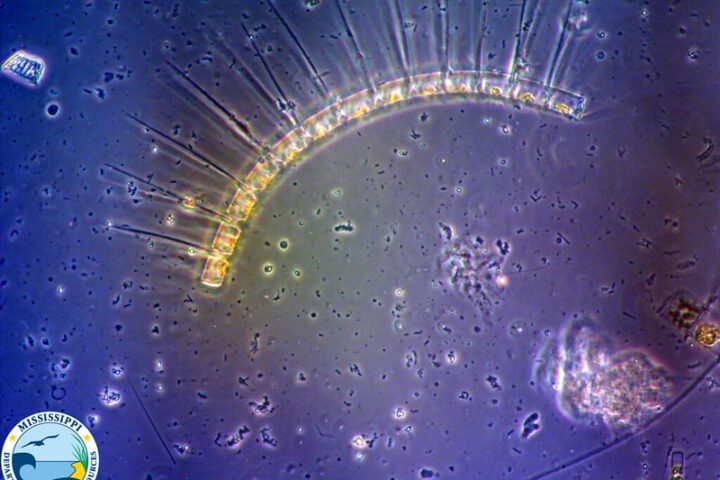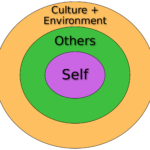Source: Flickr_Namdaemun ginseng _ Damien Dempsey _ Flickr
Stress and fatigue are nothing new in the hustle and bustle of today’s fast-paced world. Almost everyone suffers because of either one or both of these problems today and they don’t have the time to look for solutions and use them. Modern medicine can only do so much and most of the times, people either don’t have the time or the money to invest in them.
For such cases, one potential solution is the use of Adaptogens which are natural remedies of relief. These were first used in 1940 and ever since then, have been used to help the human body cope with stressful situations. These are widely used as supplements and should be used according to the doctor’s instructions.
What are Adaptogens?
Adaptogens are substances, mostly mushrooms and plants, which can help the human body respond to stress, supports its metabolic function, and achieve emotional and mental balance. They have been getting used for treating several health ailments for centuries now and are found in use especially in regions of East Asia and India.
These herbs can’t replace modern medicine but are still very useful when used correctly. A mix of biologically active compounds and phytochemicals, a good adaptogen has three main properties:
- They shouldn’t harm the working of the body.
- They absolutely need to counter the physical stress in the body.
- They must also help in combating other problems related to environmental and emotional stress.
There are two main types of adaptogens:
- Natural Adaptogens: These are plant-based adaptogens which include naturally occurring substances like Panax ginseng, Rhodiola Crenulata, and Schisandra Chinensis. These affect the functioning of the body’s tissues and reduce fatigue.
- Synthetic Adaptogens: Bromantane, Levamisole, and Bemethyl are three different types of synthetic adaptogens which boost the mental and physical strength of the body by increasing the blood flow of the blood vessels. Many athletes used these in the past for increasing stamina until they got banned from doing so.
- Primary Adaptogens: These are adaptogens which are the main herbs you use when someone tells you to use them for medicinal use. These are non-toxic and regulate endocrine in the body. Ashwagandha and Ginseng are two of the most popular examples of primary adaptogens.
- Secondary Adaptogens: These are herbs which have to fulfill two to three guidelines or have to be studied enough to be considered primary adaptogens. Codonopsis and Guduchi are secondary adaptogens.
How do they work?
According to scientists, adaptogens have the ability to “non-specifically enhance the resistance of the human body under a wide range of external circumstances.” They also say these herbs have the power to ease your depression and anxiety. There is a proper process involved in the development of stress and removal by adaptogens.
When you feel stressed, your body is going through a process called General Adaptation Syndrome (GAS). It has a three-stage response. First, you feel alarmed, then, you try to resist the stress, and finally, you experience exhaustion. Adaptogens act on the second stage in the GAS process: they make the resistance phase last longer and holds off the exhaustion. So, instead of crashing down because of feeling exhausted, you are able to resist the effects of stress and anxiety. As a result, you are able to perform better and improve your well-being.
They do so by acting on the hypothalamic-pituitary-adrenal (HPA) axis which helps in balancing the system. Some studies tell us they are also able to influence the immune-neuro-endocrine system to make the mind feel well.
Popular examples
Different adaptogens have different kinds of effects on the human mind and body. You have to learn how to use the right one so that you don’t suffer because of any side-effects:
- Ashwagandha – This is scientifically known as Withania somnifera and helps in reducing the stress and anxiety of the body. It acts on the endocrine, nervous, and cardiovascular system and hence, protects the cells of the body.
- American Ginseng – Scientifically known as Panax quinquefolium, American Ginseng acts on the immune system and reduces inflammation. It can reset the dopamine levels of the body which helps in uplifting the mood.
- Asian Ginseng – Scientifically known as Panax Ginseng, this other type of ginseng is better in terms of improving the energy limits and relieving physical fatigue.
- Tulsi – Sometimes even called the “Queen of Herbs”, this herb is used mostly in India and is used to cure coughs and colds.
- Eleuthero – This herb is scientifically known as Eleutherococcus senticosus, the effects of Eleuthero are similar to that of Ginseng. It boosts the immunity and relieves both stress and fatigue.
These are five popular and effective adaptogens which are found in use a lot. But doctors suggest that we use them in moderation and only do so after taking proper instructions from them.
Resources
What are Adaptogens?
- Complete List Of Adaptogens: Primary & Secondary Adaptogens | The Botanical Institute. (2021, December 15). The Botanical Institute. https://botanicalinstitute.org/list-of-adaptogens/
- Chesak, J. (2017, October 13). The No BS Guide to Adaptogens for Hormonal Balance and Stress. Healthline; Healthline Media. https://www.healthline.com/health/stress/smart-girls-guide-to-adaptogens#what-do-they-do
How do they work?
- Your Guide To Adaptogens. (2024, September 16). Forbes. https://www.forbes.com/health/supplements/what-are-adaptogens/
- Chesak, J. (2017, October 13). The No BS Guide to Adaptogens for Hormonal Balance and Stress. Healthline; Healthline Media. https://www.healthline.com/health/stress/smart-girls-guide-to-adaptogens#which-one
Popular examples
- What are Adaptogens & Types. (2022). Cleveland Clinic. https://my.clevelandclinic.org/health/drugs/22361-adaptogens
- Starkman, E. (2021, June 28). Adaptogens: What to Know. WebMD; WebMD. https://www.webmd.com/balance/adaptogens-what-to-know

















